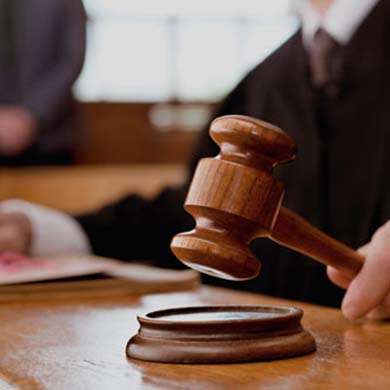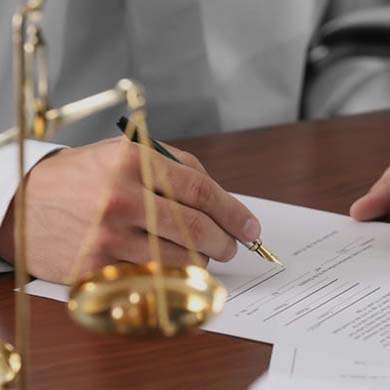File Small Claims Court in Washington
Washington officially the State of Washington, is a state in the Pacific Northwest region of the United States. Named for George Washington, the first U.S. president, the state was made out of the western part of the Washington Territory, which was ceded by Britain in 1846 in accordance with the Oregon Treaty in the settlement of the Oregon boundary dispute. It was admitted to the Union as the 42nd state in 1889. Olympia is the state capital; the state's largest city is Seattle. Washington is often referred to as Washington State to distinguish it from the nation's capital, Washington, D.C.

Washington Small Claim Filing
Why do you waste your time energy after a small claim? We are here to take pain for you. We are literate enough about the Small Claims Court System. We will get your claim filed and make you free from worries. We file Washington Small Claim in the relevant court. We provide proof after the task is completed. Our policy provides individuals and companies peace of mind.
Suing Someone in Washington Court Or Being Sued?
We, in Washington Small Claim filing offer in case if you want to file a case against somebody, we can help by:
- Serving Your Small Claims Papers Before The Deadline.
- Serve Your Claim In Proper Legal Way for Washington Court.
- Fill Your Proof With The Arlington Court.


In case you are sued, we talk to the relevant person or company to settle things down. We appeal your small claim judgment as well.
E-Filing Services inWashington
Small Claim Washington E-file your legal documents to Washington courts that accept E-Filling on your behalf.
Small Claims For Bad Cheque Or Payment in Washington
Washington Small Claim settles all money matters reliably and authentically if you are deceived in money matters.
Recent Cases Filed in Washington Small Claims Court
File Small Claims in Arlington For Security Deposit
In Washington Small Claim, if your former landlord refuses to return the security deposited you paid, we offer our services.
Washington Small Claims Filing if Refusing To Pay After A Car Accident
If someone ruins your car in Washington and refuses to pay for its repair, you can file small claims to recover your car accident damage. Small claims filingprepares all the documents to file a small claim in Washington court.
Direct Legal Small ClaimService inWashington
We provide full service of handling of writs both state and federal.
Court Filling Small Claim Washington Services
Throughout Washington in the small claims, we offer services to accommodate on the same day, next day or routine service.
Who Can Sue Small Claim In Court Washington?
Those who can claim for Small Claim Washington are listed below:
- Married Couples can file small claims in Arlington court.
- Business Partnerships can also file small claims
- Corporations can file small claims
- Government Agencies can file small claims
- Motor Vehicle Claims can be handled
- Minors can also file small claims in the court of Washington
- Prisoners can file small claims
- Bill Collectors can also file small claims in Washington
How Much Does It Cost To File A Small Claim Court, Washington?
There is a $30 filing fee for a case asking for up to $1500. To claim over $1500, and up to $5,000, there is a filing fee of $50. If your claim is above $5,000, the filing fee is $75. If you file more than 12 cases in a year, subsequent cases will cost $100.



